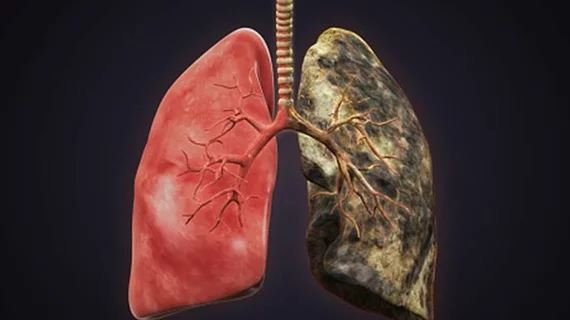Cancer AI tops 92% agreement with multidisciplinary tumor board
An AI system trained to supply clinical decision support in the U.S. has proven adaptable for physicians treating patients with lung cancer on the other side of the globe.
It was IBM’s Watson for Oncology that passed muster, agreeing with recommendations from a multidisciplinary tumor board in an academic South Korea hospital at better than a 92% clip.
The concordance remained strong for metastatic cancers regardless of histology.
The catch is that the AI tool’s performance fell off with higher-stage and increasingly complex cancers. For example, the human-machine agreement was only 80% for stage 3 non-small cell lung cancers.
Based on these promising yet mixed findings, the researchers expect Watson for Oncology to “play an assistive role” going forward, “particularly in the metastatic lung cancer stage with less complex treatment options.”
The study’s corresponding author is In-Jae Oh, MD, PhD.
The publishing journal is Translational Lung Cancer Research, which has posted the study in full for free.

